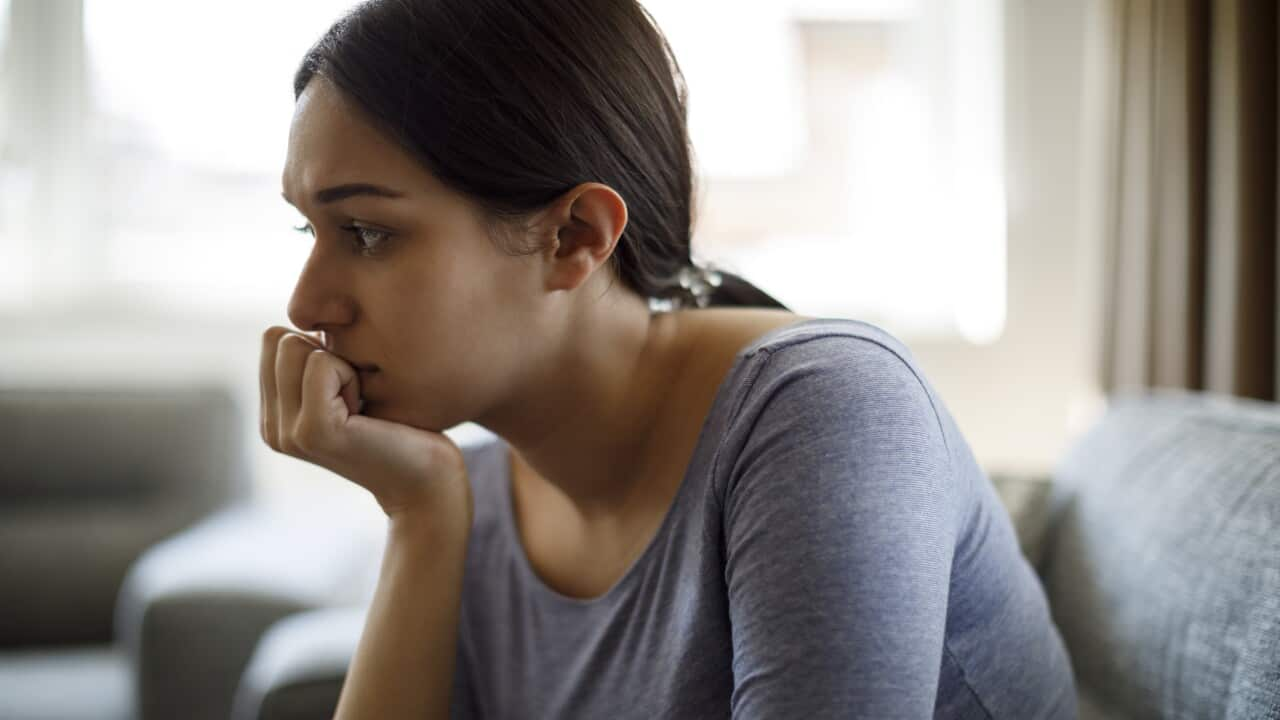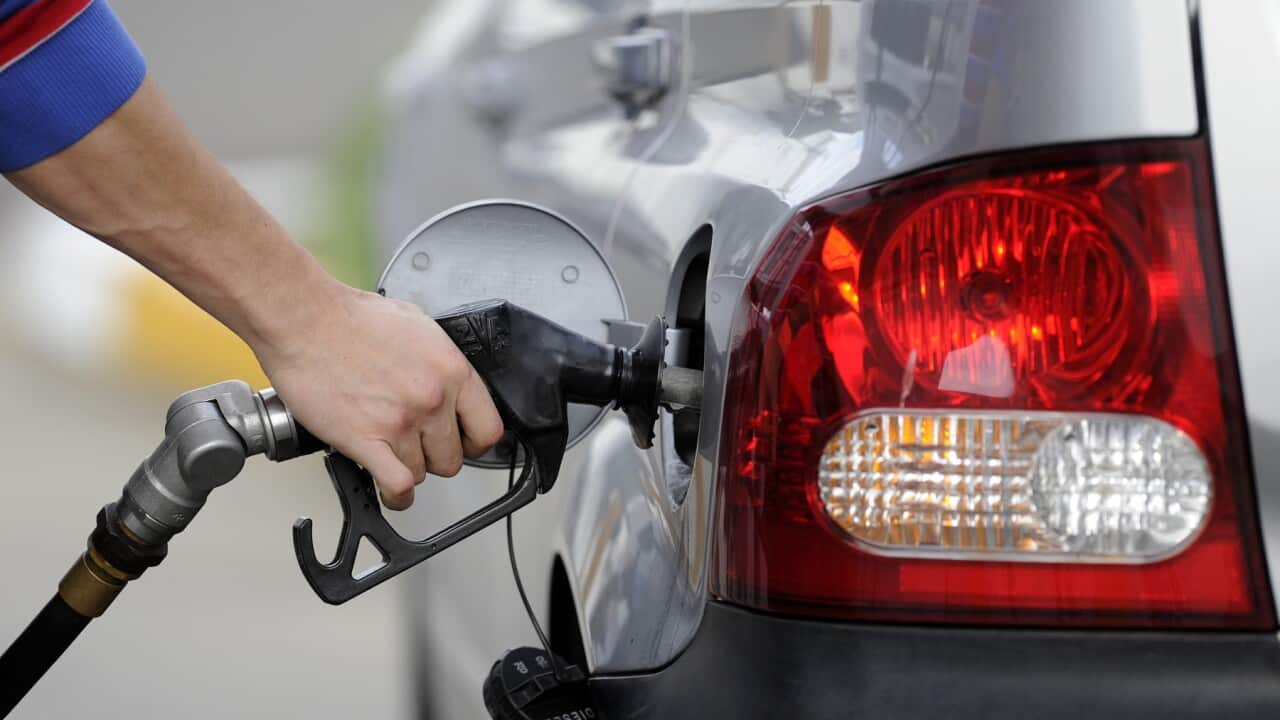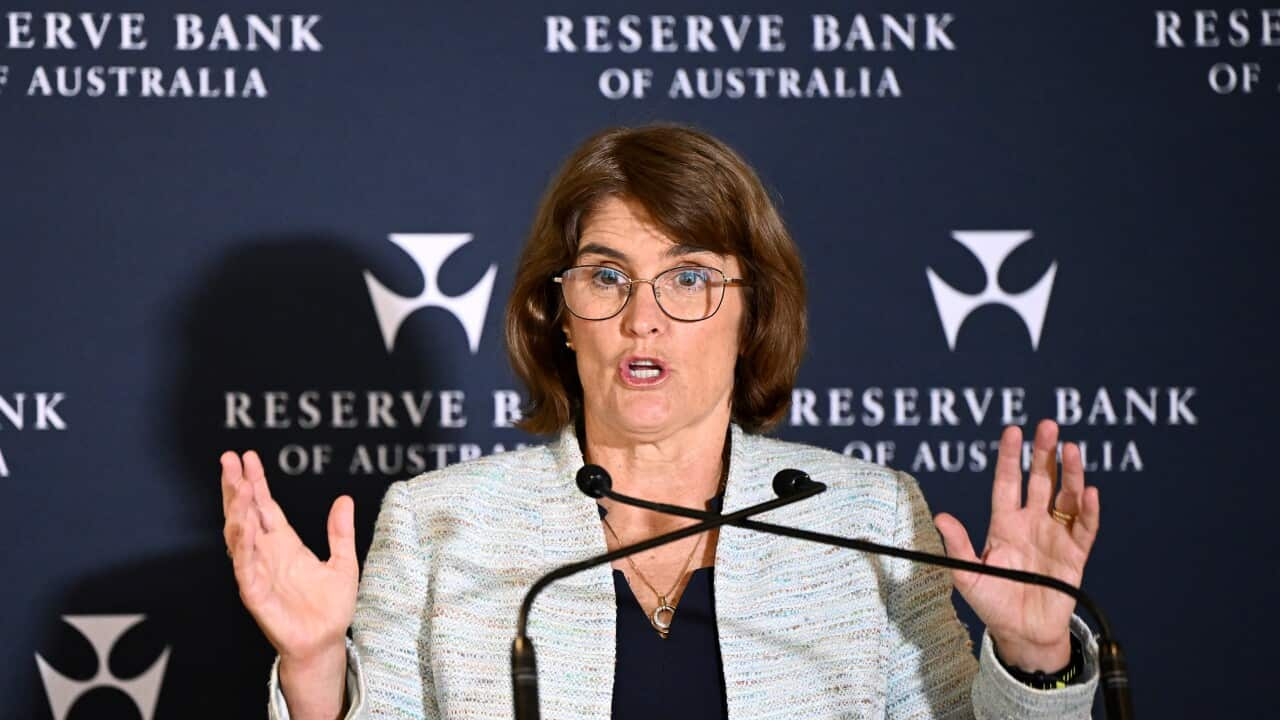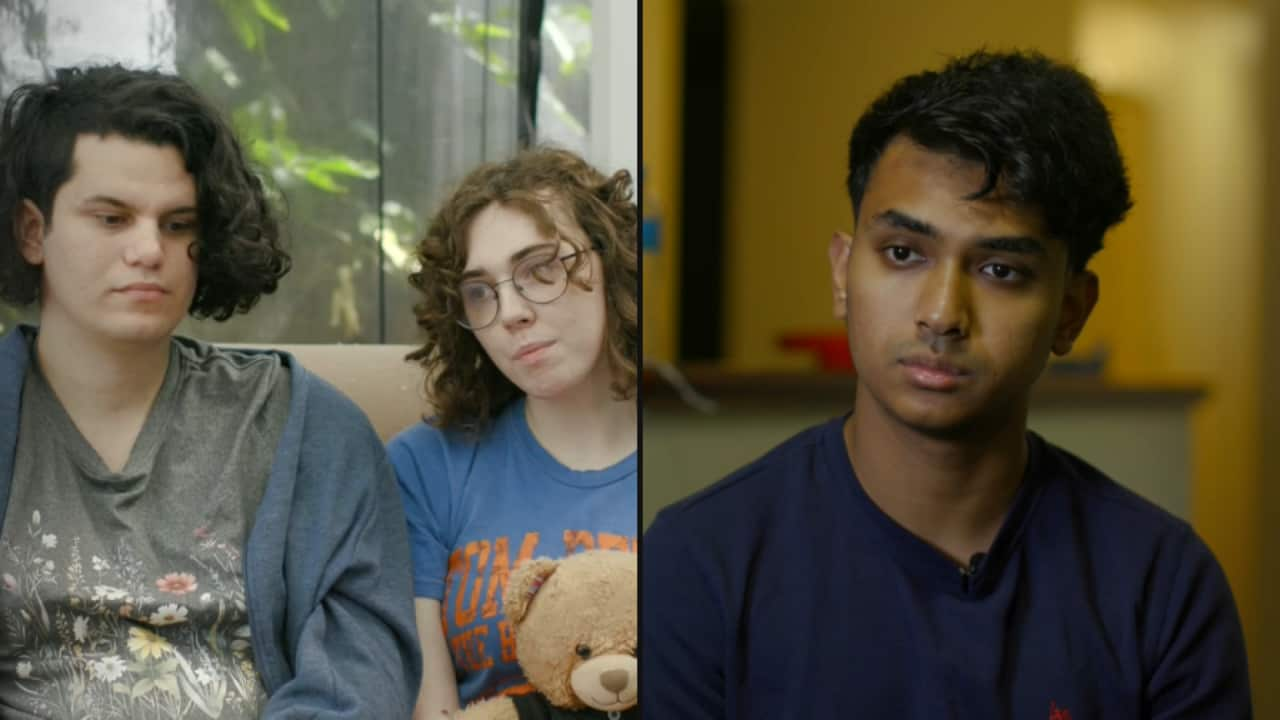Western Australians who are single and unemployed are marginally better off financially than families, according to a new report highlighting the harsh realities of the cost-of-living crisis.
The WA Council of Social Service (WACOSS) report, released on Thursday, revealed middle-class working families are facing unprecedented financial hardship and seeing a deterioration in their standards of living.
For the first time in the almost two-decade history of the annual Cost of Living Report series, dual-income households — two-parent families with one full-time and one part-time minimum wage earner — are unable to make ends meet, with weekly expenses exceeding their income by $60.77. WACOSS said the financial positions of these families had "dramatically deteriorated".
For someone single and unemployed, WACOSS estimated their living costs were 15 cents more than their weekly income.
Meanwhile, single parents are experiencing the greatest shortfall and need an additional $94.12 per week to cover basic living costs, according to the analysis.
WACOSS based its analysis on the assumptions that a single-parent family rented a unit; a dual-income family rented a house; and an unemployed single person shared a house with two others and paid one-third of the rent.
It assumed the homes they rented had a weekly rental price that was 85 per cent of the median price for the respective property type.
'Every single household under strain'
"And all of our modelling is done very conservatively," WACOSS chief executive Louise Giolitto said.
"It's the very bare essentials like food, electricity, housing, medication. There is no luxury items, or discretionary funds.
"A very simple table we have in the report, demonstrates right across the board, that the cost have gone up far higher than the increases in income. In many cases, well over 11 per cent, while the increase in income has only gone up 4 per cent."

WA Council of Social Service CEO Louise Giolitto said households across the state are feeling cost of living pressures. Source: Supplied / Ryan Willis, Anglicare WA
"Our systems are failing and it is not acceptable in this country that we have children going without food," she said. "Their parents are doing their absolute best."
The analysis revealed single parents are experiencing the greatest shortfall, needing an extra $94.12 per week to cover basic living costs.
Financial Counsellors Association of Western Australia CEO Melanie Hopkinson said her members are prioritising keeping a roof over their heads by skipping overdue bills and forgoing car and health insurance renewals.
Shelter WA chair Kieran Wong emphasised that rent stabilisation and are "really crucial" for creating a fairer housing system.
Responding to the report, WA Premier Roger Cook said the state government had invested more than $1 billion across 20 initiatives to address the rising cost of living over the past year.
"Western Australians are doing much better with the cost of living issues that is impacting the nation at the moment, than people in other states," he said.
"That's because we've got the strongest economy in the country, the lowest unemployment rate, and so the opportunities for Western Australians to be more resilient during this cost of living issues is absolutely prevalent."
WACOSS said it has presented the state government with a range of "targeted solutions" for those most in need, focusing on long-term support rather than what it refers to "sugar hits".
"While WACOSS supports providing free entry into the museum, and the zoo, or the royal show, they are not a cost of living measure, they are a social measure," Giolitto said.
"So you may have gone to the zoo for free, but then you take your children home and you don't have enough money to put food on the table.
"We have seen surplus budgets in many years and we are asking the state government to prioritise its people, above the economy."




